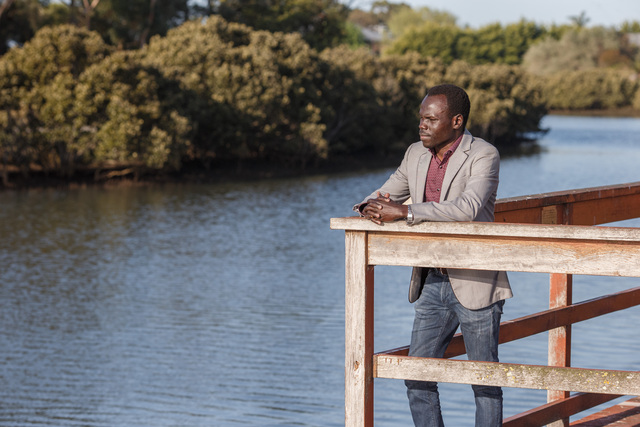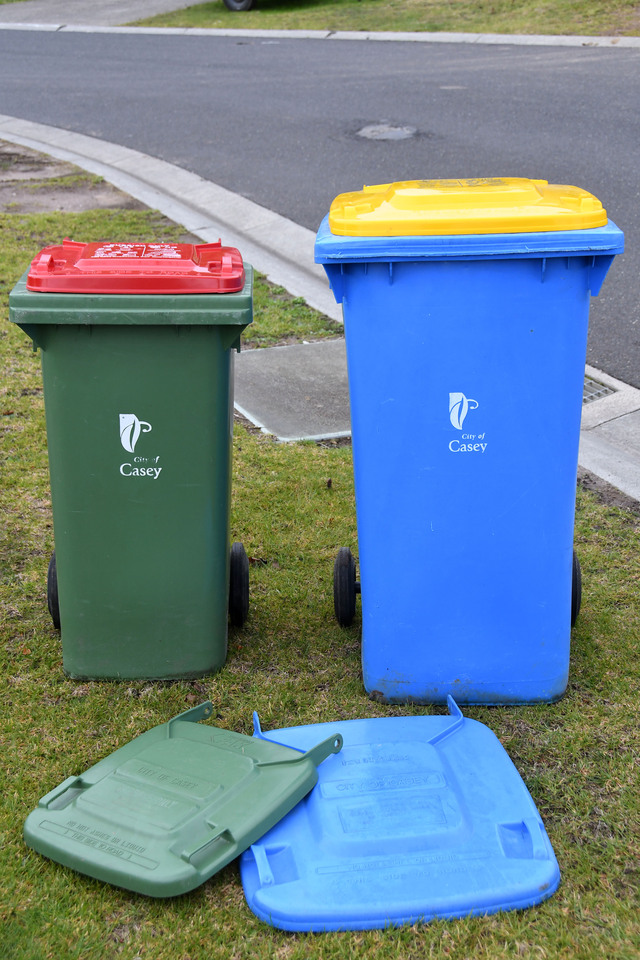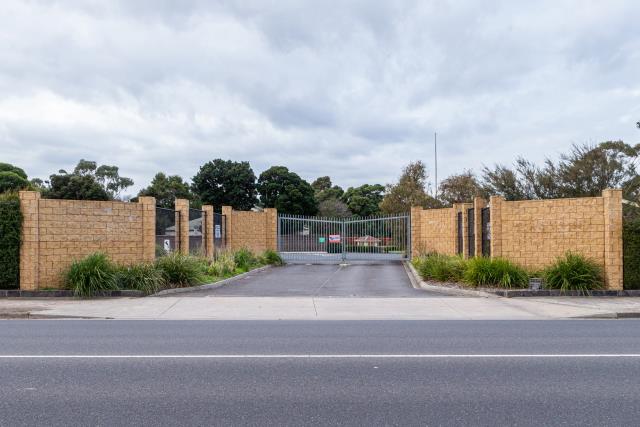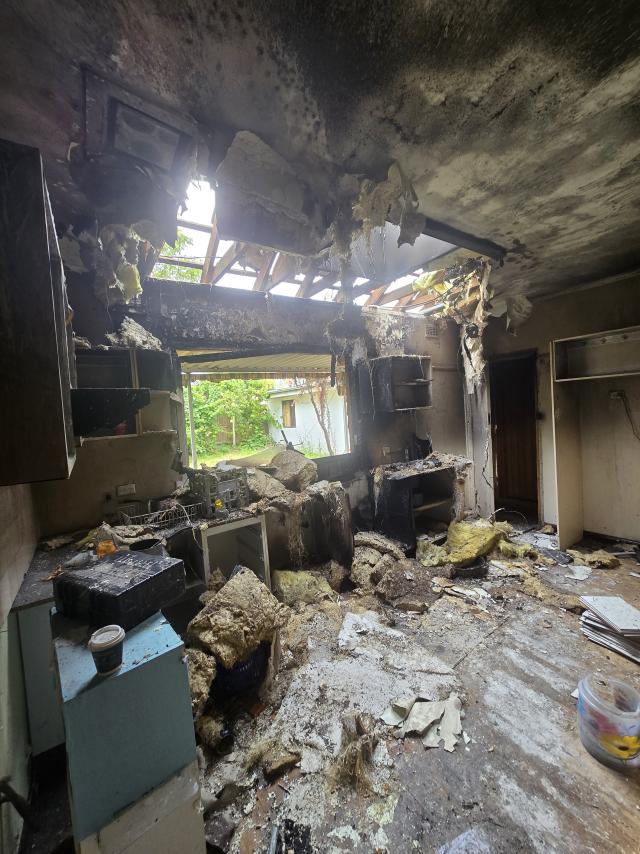FAMILY violence doesn’t happen just in migrant communities, but they suffer the most.
As recently as last year, there were an estimated 400 intervention order applications at Dandenong Magistrates’ Court each month.
As an immigration lawyer, many of my clients have wrongly thought family violence was confined to physical acts.
They were brought up in their home countries to believe intimidating behaviour or putting a bit of pressure on their partners was OK.
Such behaviour is not tolerated in Australia, but it’s happening in great numbers and often goes unreported.
When involved with migration law, the matters can become particularly murky.
In the case where an intervention order is taken out, the offending husband may be kicked out of the house.
When that happens, it is the newly-arrived wife and children who may be left without an income.
I know of cases where husbands can pressure wives, who are on a partner visa, by threatening to withdraw sponsorship of the wife unless they do as he wants.
Under the visa, the wife would have to be sponsored by her husband for two years before qualifying for permanent residency.
If sponsorship is withdrawn before that point, she faces deportation.
On the other hand, I believe a number of sponsored wives have cynically sought full intervention orders against the husband in an attempt to shortcut their two-year wait for permanent residency.
Underlying the situation are high levels of domestic stress. Often the wife is isolated at home without family and friends, while the husband works.
She comes to Australia with high expectations but she’s left at home alone in a new culture.
She becomes depressed, which influences relations between husband and wife.
If a sponsored partner is unable to find work, they are unable to get welfare benefits for two years – which also places pressure on their sponsor.
As an immigration lawyer, we don’t want to see family violence happen. We want to see happy endings.
The council, police and law agencies have done a lot so far but should do more to educate new and
emerging communities.
After all, prevention is better than the cure.
I don’t want to discourage people reporting this to police.
But if there’s more community education on these issues, perhaps there will be fewer breaches in the first place and fewer going to court.
Migrant family violence

Digital Editions
-

OPINION: How should Victorians celebrate Australia Day this year?
Purchase this photo from Pic Store: 434368 It is 2026, and Australia remains the only Commonwealth country without a national treaty with its Indigenous peoples.…















